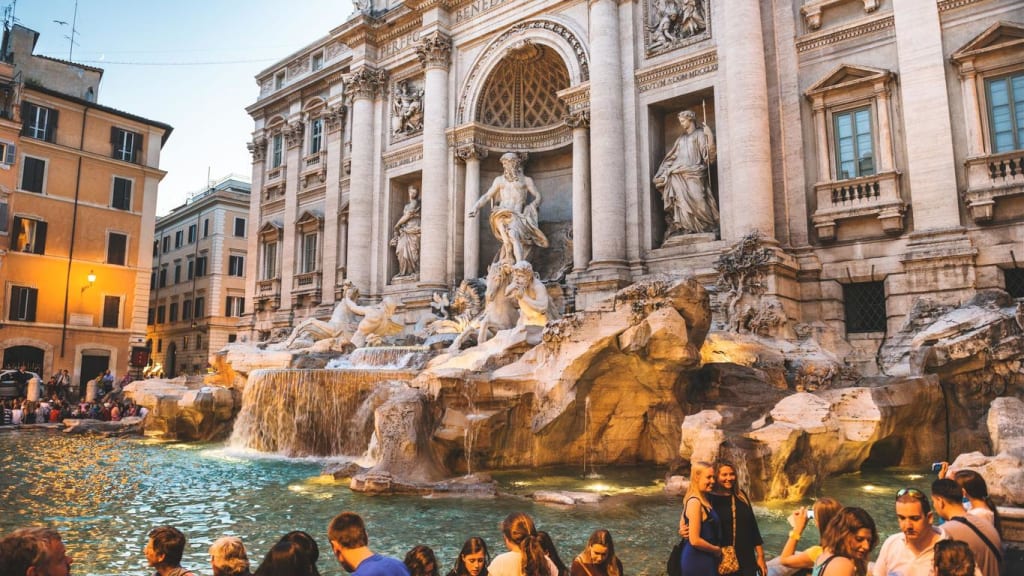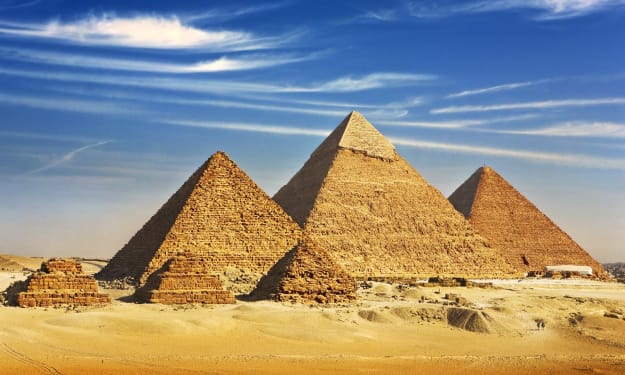"Echoes of Empire: The Last Days of Rome"
Unraveling the Echoes of Rome's Last Stand

In the annals of history, there exists a chapter that resonates with the grandeur, power, and ultimate decline of a once-mighty civilization—the last days of the Roman Empire. This era, often described as the twilight of an illustrious empire, echoes with the footsteps of emperors, the clash of armies, and the poignant reverberations of a colossal collapse.
As we journey back through time, the echoes of empire are unmistakable. At its zenith, the Roman Empire sprawled across three continents, from the misty hills of Britannia to the sun-soaked deserts of North Africa. Its influence was unparalleled, and the city of Rome itself stood as a testament to architectural marvels and cultural sophistication.
Yet, within the echoing halls of grandeur, whispers of decay and internal strife grew louder. The last days of Rome were marked by a confluence of factors that would contribute to its eventual demise. One of the defining aspects was the relentless pressure from external forces—the Huns, Visigoths, Vandals, and other barbarian tribes that encroached upon the empire's borders.
The Battle of Adrianople in 378 AD served as a harbinger of the empire's vulnerability. The Visigoths, under the leadership of Alaric, dealt a devastating blow to the Roman legions, forever altering the balance of power. Rome, which had once been the unconquerable city, found itself besieged by forces it could no longer repel.
Simultaneously, internal strife and political instability eroded the very foundations of Roman governance. The empire, once characterized by a centralized authority, began to fracture. Ambitious generals vied for power, and the imperial throne became a symbol of fleeting glory rather than enduring stability.
The echoes of empire also resonate in the economic downturn that accompanied its decline. The once-flourishing trade routes that connected Rome to the far corners of its domain faltered. Agricultural production dwindled, and rampant inflation eroded the value of currency. The societal pillars that had sustained the empire's prosperity began to crumble.
The western and eastern halves of the Roman Empire drifted apart, and the once-unified entity became two distinct realms. While the Eastern Roman Empire, later known as the Byzantine Empire, continued to thrive for several centuries, the western counterpart faced a more imminent and profound collapse.
In 410 AD, the unthinkable occurred—the city of Rome fell to the Visigoths. Alaric's forces, fueled by both conquest and a desire for revenge, breached the walls of the Eternal City. The sacking of Rome sent shockwaves throughout the empire and beyond, as the heart of the Roman world succumbed to the ravages of invaders.
The echoes of empire reached a crescendo in 476 AD when the last Roman emperor of the West, Romulus Augustulus, was deposed by the Germanic chieftain Odoacer. The formal dissolution of the Western Roman Empire marked the end of an era, and the once-mighty power that had shaped the course of Western civilization ceased to exist in its traditional form.
However, the legacy of Rome endured, echoing through the corridors of time. The remnants of Roman governance, architecture, language, and culture persisted, influencing the development of medieval and modern Europe. The echoes of empire found resonance in the legal systems, artistic achievements, and philosophical traditions that became integral to Western civilization.
The last days of Rome serve as a poignant reminder of the impermanence of empires and the intricate interplay of internal decay and external pressures. The echoes of this once-great civilization linger as a cautionary tale, prompting reflection on the rise and fall of mighty powers and the enduring threads that connect the past to the present. In the reverberations of its decline, the Roman Empire has left an indelible mark on the pages of history, its echoes shaping the course of human civilization for centuries to come.
About the Creator
Andrew
I collect whispers of dreams and spin them into tales. Let me unlock the doors of your imagination. Come, turn the pages and wander through the worlds I weave.
Enjoyed the story? Support the Creator.
Subscribe for free to receive all their stories in your feed. You could also pledge your support or give them a one-off tip, letting them know you appreciate their work.






Comments
There are no comments for this story
Be the first to respond and start the conversation.